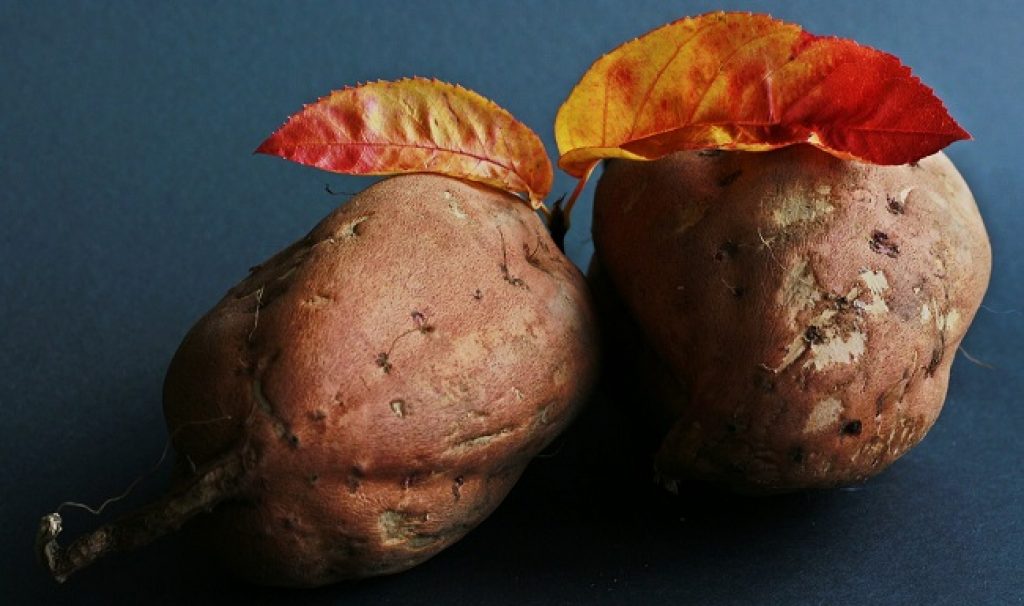
AsianScientist (Dec. 21, 2016) – The sweet potato pie you eat during the holidays might not be good for your waistline, but according to a new study published in Heliyon, the starchy water left over from cooking the sweet potato could have slimming effects—at least in mice.
Mice on a high fat diet had significantly lower body weight after one month if they were also fed sweet potato peptide, which was produced by enzyme digestion of proteins in the water wasted during processing. This suggests the peptide plays a role in digesting fats, but more research is needed to determine whether this also happens in humans.
More than 105 million metric tons of sweet potato are produced globally every year, according to the International Potato Center, making it the world’s fifth most important crop. About 15 percent of sweet potato is used to produce starch materials, processed foods, and distilled spirits in Japan. The resulting wastewater is usually discarded, potentially causing serious environmental problems.
In the new study, Dr. Koji Ishiguro from National Agriculture and Food Research Organization in Japan and colleagues wanted to find a new way to use this waste, so they investigated the effect of proteins found in the water on digestion in mice.
The researchers fed three groups of mice high fat diets, giving one group the protein digest—sweet potato peptide (SPP)—at a high concentration and one group at a lower concentration. After 28 days they weighed the mice and measured their liver mass and fatty tissue. They also measured the levels of the fats cholesterol and triglyceride, as well as leptin, which controls hunger, and adiponectin, which regulates metabolic syndrome.
Mice that were given SPP had significantly lower body weight and liver mass. Mice fed SPP also had lower cholesterol and triglycerides, and higher levels of the hunger and lipid-controlling hormones. The results suggest that SPP helps activate appetite suppression and control lipid metabolism in mice fed high fat diets.
“We were surprised that SPP reduced the levels of fat molecules in the mice and that it appears to be involved controlling appetite suppression molecules,” Ishiguro said. “These results are very promising, providing new options for using this wastewater instead of discarding it. We hope SPP is used for the functional food material in future.”
The article can be found at: Ishiguro et al. (2016) Effects of a Sweetpotato Protein Digest on Lipid Metabolism in Mice Administered a High-fat Diet.
———
Source: Elsevier; Photo: Pixabay.
Disclaimer: This article does not necessarily reflect the views of AsianScientist or its staff.












